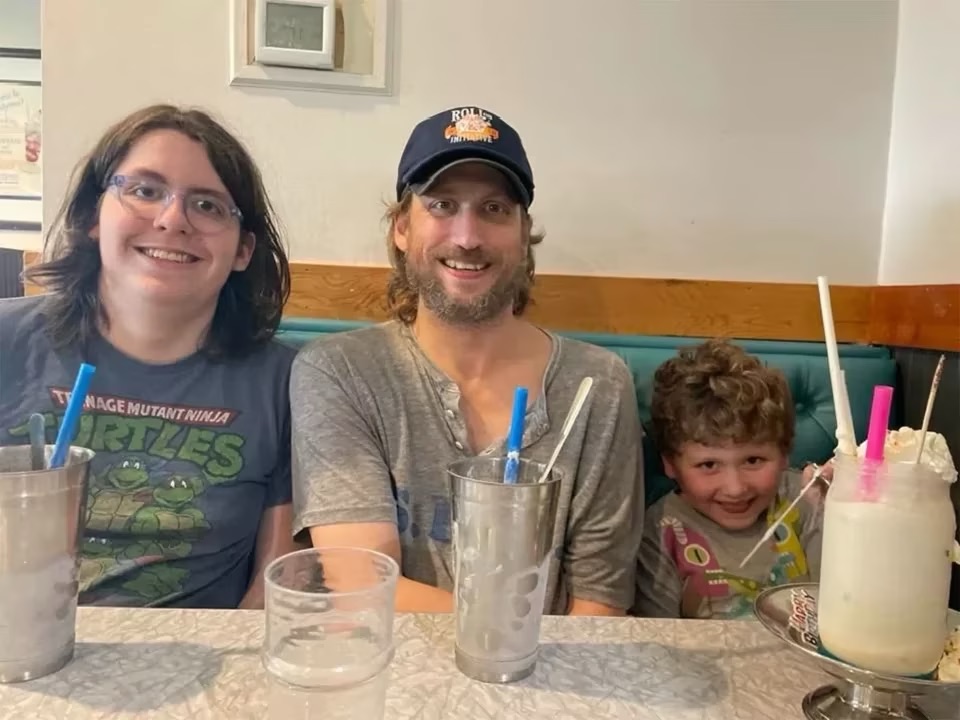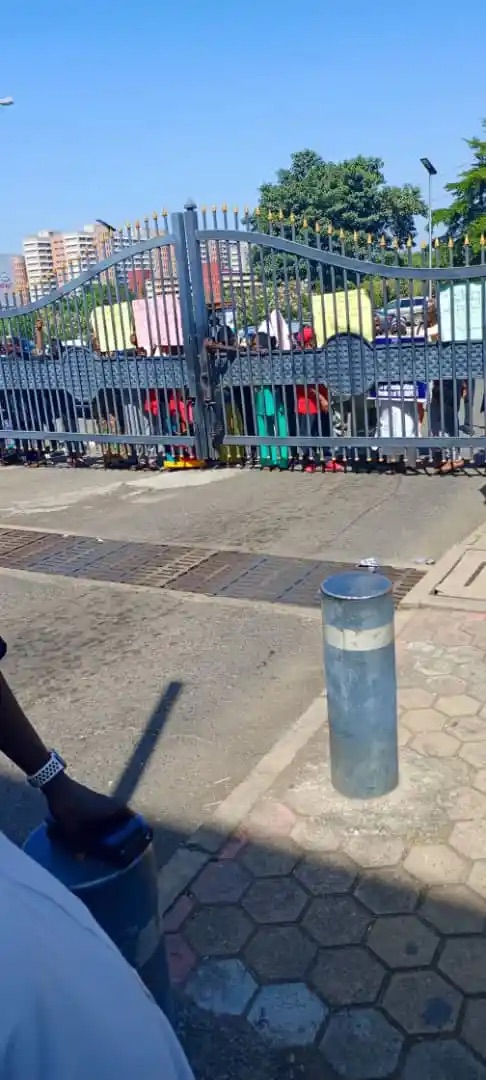In the wake of the 2024 U.S. presidential election, a tragic incident unfolded involving a 46-year-old Minnesota man, Anthony Nephew, who reportedly killed four family members before taking his own life. The shootings occurred just days after Donald Trump’s return to the presidency, a victory that Nephew reportedly opposed.
Nephew, who had a history of mental health struggles, had made concerning social media posts where he expressed extreme distress and frustration regarding the election results. He allegedly held strong anti-Trump views and voiced fears about the future under the new administration, adding to family concerns about his mental state in the days leading up to the incident.

On the day of the attack, authorities found the bodies of Nephew’s ex-partner, their 15-year-old son, his current wife, and their younger child at two separate homes. Nephew was discovered to have taken his own life shortly after these events. According to law enforcement, his family had been aware of his mental health challenges, and some family members and acquaintances had voiced concerns over his stability, especially following his intense reactions to political events.
This tragic case highlights ongoing issues surrounding mental health support, the societal impact of high-stakes political polarization, and the potential risks when untreated mental health conditions intersect with access to firearms. Nephew’s death, along with the loss of his family members, has drawn renewed attention to the need for mental health awareness and intervention, especially during politically charged times when those already struggling may feel heightened stress and despair.
Authorities continue to investigate whether other factors may have contributed to Nephew’s actions. Community leaders and mental health advocates emphasize the importance of supporting individuals who show signs of distress and the need for policies that provide better access to mental health resources. This case underscores the complex and often tragic outcomes that can arise when mental health needs go unaddressed and serves as a somber reminder for family members, friends, and communities to remain vigilant and supportive of those facing personal crises.





